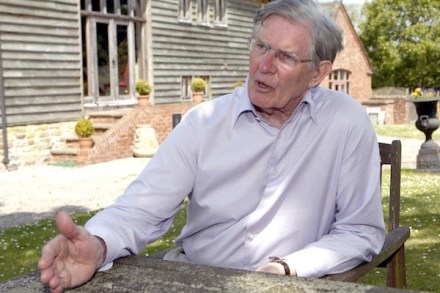David Cameron tries to drum up interest in the Police and Crime Commissioner elections
David Cameron spent yesterday campaigning for Conservative Police and Crime Commissioner candidates in Bedfordshire and Leicestershire. The visits, though, received scant national attention: the only coverage I’ve spotted so far is on page 33 of The Times. Talk to ministers and they maintain that the Police and Crime Commissioner elections are more visible out in the country than they are in London, where there’s no contest. They argue that the capital-centric nature of the media explains why the press keep writing the elections off as a damp squib. There is, I suspect, some truth to this charge. But an average turnout of only 20 percent would still not be impressive.




















